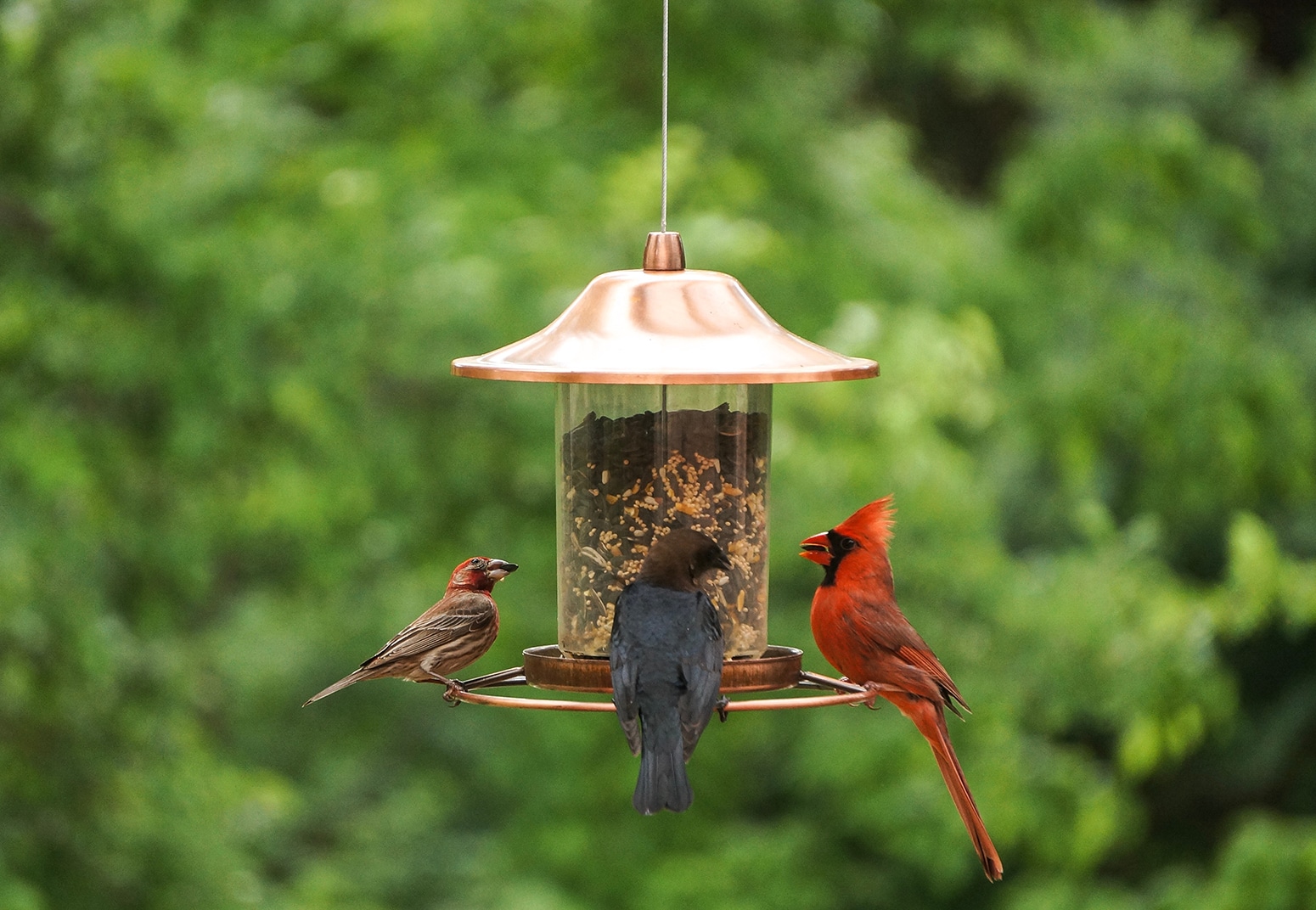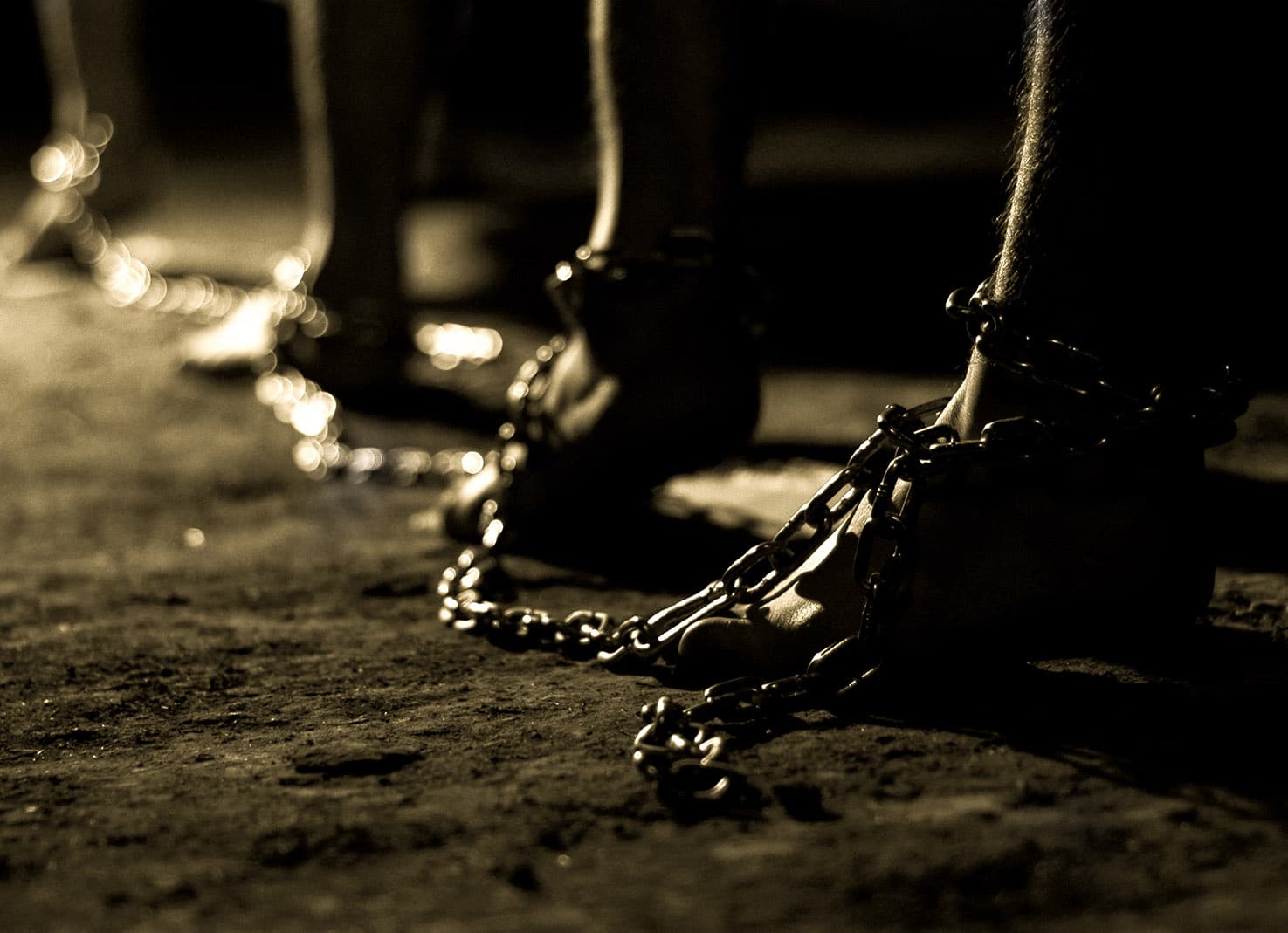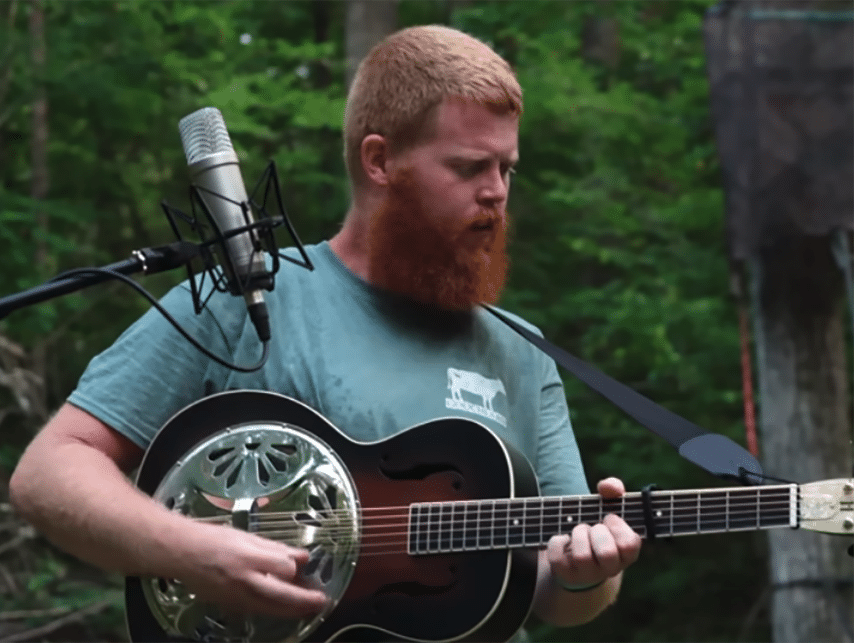In the last few decades, it’s become easier and easier for folks to turn a little talent or skill into a business. You like baking or decorating cakes? You can sell those! You enjoy woodworking? Take it on down to the Saturday market! You have a knack for knitting? We can whip up a website in no time, and you can turn that into a full-time job.
For some people, especially moms, this has been a godsend. It allows them to make a little money, or a lot of money, doing something they love, and it means they have flexibility and satisfaction that they’d never find in some workaday office job.
But for some people, it just turned into yet another ball and chain. Monetizing their talents just sucked all the joy out of it and made the thing they used to love into a slog. The activity that once relaxed their frazzled nerves and restored their psyches turned into a new source of anxiety and frustration, and robbed them of anything to fall back on in their free time.
So there is now a well-established backlash against turning everything you love into a side gig. This is a good and healthy thing, and it’s gratifying to see talented people making beautiful things simply because they want to, without hoping to turn it into a profitable empire.
Not all people are experts
However! (There’s always a “however.”) Maybe it’s a 21st-century disease, or maybe it’s a specifically American thing, but I’ve noticed that the “you can monetize that” pressure has given way to something superficially different, but just as insidious: The pressure to become super knowledgeable about anything you happen to like. You can be an amateur, but you have to be an expert amateur, or you will pay.
This is undoubtedly a fruit of the internet and social media (and maybe mostly a problem for people who are very active on social media; but it’s bled into “real life” as well.). Folks like to share little scenes from their everyday life, and other folks like to chip in bits and pieces of knowledge they happen to have (or think they have) about it. Sometimes they’re right; sometimes they’re wrong. Sometimes they’re helpful, sometimes they’re interesting, sometimes they’re just trying to show off. But it has become standard to know a lot about just about anything you share about your life, even casually.

If you mention there’s a bird at your feeder, you better know the exact species and subvariant, and whether it’s acting normally or unusually, and whether it’s common in your area, and if that’s good for your environment or bad; and if there is any bird seed included in the photo, it’s almost certainly going to be the wrong kind, and you’re going to hear about it. These days, you can no longer buy a packet of seeds, dig a hole, and put them in the ground. It’s not that simple! Long before the actual plant ever pokes its shy head above the earth, the discourse about it will flower, including hot debates about native vs. endemic vs. indigenous vs. invasive species, diatomaceous earth vs. natural zeolites, and whether or not you’re doing enough to support your local bees.
Enjoy it just because
It’s gotten to the point where people are genuinely afraid to share anything at all, because they know that someone, somewhere, is going to be more of an expert about it than they are, and they are going to get yelled at. They’re going to get shamed, or mocked, or aggressively educated about something in their own lives, making them feel like they don’t know the first thing about their own homes or backyards or the foods they prepare, or about anything at all. And this drains the pleasure and joy out of life just as surely as the constant pressure to monetize and commodify.
This push to be an expert even spills into spiritual matters, and people are made to feel that they aren’t real devotees of a saint because they don’t know arcane bits of history about them, or even that they aren’t real Catholics because they can’t spout academic theological jargon.
So I can hardly believe I’m doing this, but I guess I’m writing an essay in favor of comfortable ignorance. Just once in a while. Just for a treat. You can wander out in your yard and go: “Listen to that bird singing! What a lovely song. I wonder what it is.” AND THEN YOU CAN FORGET ALL ABOUT IT.
Or you can raise a little puppy and have no idea what breed it might happen to be, or what the ideal characteristics of its ancestry you might possibly encourage if you educate yourself properly. Just play with the little guy and feed him and don’t let him bite anybody, and that’s fine.

Or you can put up artwork on your walls just because you like it, for no other reason whatsoever, and it doesn’t matter if it has some complicated socio-historical connotations that might make it problematic for some potential visitor you’re extremely unlikely to have in your house. If you like it, go ahead and like it, friend. It’s art; it’s for liking. Put it up with a thumbtack and enjoy.
Ignorance is bliss
In general, I love to learn. I’m an enthusiastic, even obnoxious collector of new ideas, and I adore finding out exciting new names of things, and putting together a better understanding of how the natural world works, and getting to be more accomplished in the things I already enjoy. But I’m also getting better at identifying when it actually enriches my life, and when I’m just doing it because it feels like I have to, because it’s the right way to do things.
I’m here to tell you that it’s OK to dabble. It’s OK to enjoy being a rank amateur. It’s OK to have a garden of miscellaneous flowers and not really know what they are other than pink; and to have a menu of not-very-authentic ethnic food that happens to taste good to you; and to have a hobby you never get better at, but you keep on churning out because it’s fun. There is something beautifully humble about just enjoying God’s bounty with a smile and a shrug, and leaving it at that.
And yes, you can approach God like a rank amateur. Like a know-nothing. Like an absolute dumbbell who is just there to gawk and enjoy. In fact, I recommend this. If you don’t know how to do this, you may be in trouble.
Blessed are the amateurs, for they still know how to relax.







